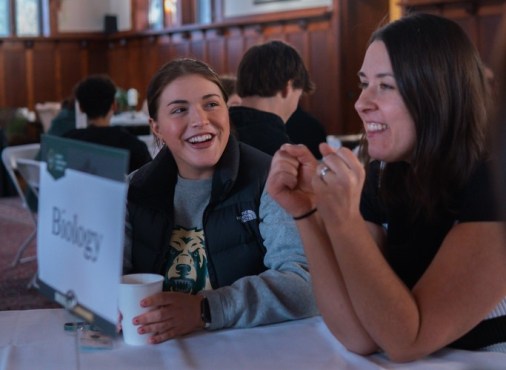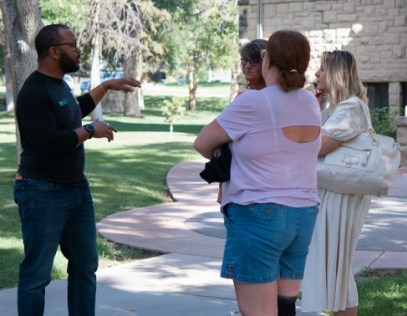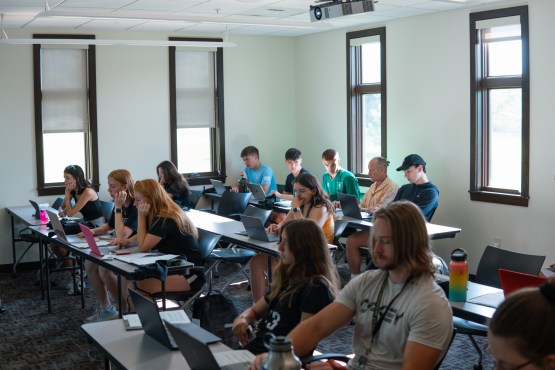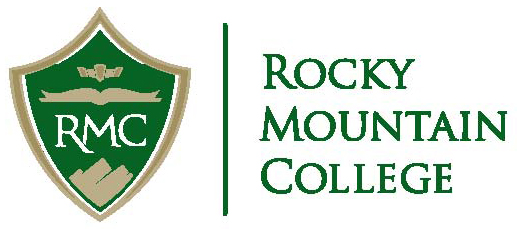Pba Ph
February 4, 2021 2025-09-29 16:52How Kroenke Sports Became a Dominant Force in Professional Athletics

Looking back at the meteoric rise of Kroenke Sports & Entertainment, I’ve always been fascinated by how a single ownership group can reshape entire leagues and markets. From my perspective, what sets them apart isn’t just deep pockets—it’s a strategic, almost surgical approach to building and revitalizing sports properties. I remember observing their early moves with the Denver Nuggets and Colorado Avalanche, thinking how their long-term vision contrasted sharply with the short-term thinking so common in sports ownership. They didn’t just buy teams; they built ecosystems around them—developing real estate, media networks, and fan experiences that turned franchises into cultural landmarks.
One thing that really stands out to me is how Kroenke’s group leverages cross-sport synergies. For example, when the Los Angeles Rams moved into SoFi Stadium, it wasn’t just about football—it created a venue capable of hosting everything from concerts to international soccer, boosting revenue streams across their portfolio. I’ve always admired that kind of integrated thinking. It reminds me of similar strategic plays in other regions, like what we’re seeing in Asia with the Asian Tour’s recent push. I was particularly struck by NGAP chair Al Panlilio’s efforts last year when he personally intervened to secure funding from the MVP Sports Foundation for the Philippine Open. His statement, “We hope to be able to jumpstart the Asian Tour season by hosting a Philippine Open like no other,” reflects the kind of decisive leadership that Kroenke himself exemplifies. It’s that willingness to step in and make things happen—not just delegate—that separates dominant players from the rest.
In my view, Kroenke’s acquisition of Arsenal FC in 2011 was a masterstroke, even if it was controversial at the time. They saw the global potential of the English Premier League and understood that a London-based club could become a cornerstone of their international strategy. I’ve followed their investments in youth development and data analytics at Arsenal, which have started paying off in recent seasons. It’s a reminder that patience and smart capital can turn even historic clubs into modern powerhouses. Similarly, in the U.S., their control over nearly 60 million square feet of real estate adjacent to sports venues creates an economic moat that’s almost unrivaled. I’ve always believed that the future of sports ownership lies in these mixed-use developments—they create destinations, not just game-day locations.
Of course, not everyone loves the Kroenke model. I’ve heard critics argue that their business-first approach can feel detached from fan sentiment, especially when it comes to relocations or ticket pricing. But having studied their growth for years, I think their success stems from balancing commercial ambition with on-field performance. Take the Rams’ Super Bowl LVI win—it wasn’t luck. It was the result of calculated investments in coaching, facilities, and player personnel. In my experience, that’s what separates the great organizations from the good ones: the ability to align financial and competitive goals so they reinforce each other.
Looking ahead, I’m convinced we’ll see more ownership groups emulate the Kroenke blueprint—diversified assets, global reach, and a focus on creating year-round engagement. Whether it’s through esports, streaming content, or international tournaments like the Philippine Open that Panlilio championed, the playbook is clear: think bigger than the game itself. For me, Kroenke Sports isn’t just a collection of teams; it’s a case study in how to build lasting influence in professional athletics. And if the past decade is any indication, their dominance is only beginning.

Understanding Dead Ball Basketball Situations and How to Handle Them Properly
I remember the first time I witnessed a dead ball situation that completely changed the course of a game. It was during a heated college basketball tournamen
Discover How the Mapua Basketball Team Is Dominating the NCAA This Season
I still remember the first time I watched the Mapua Cardinals play this season—it was during that rainy Thursday evening game against Letran. The arena was p


Basketball Bundesliga: Your Ultimate Guide to Germany's Top Basketball League
As I settled into my usual spot at the arena last weekend, watching the Basketball Bundesliga unfold before my eyes, I couldn't help but reflect on how Germa
- Monday, September 1, 2025 (Labor Day)
- Thursday and Friday, November 27 & 28, 2025 (Thanksgiving)
- Wednesday, December 24, 2025 through
Thursday, January 1, 2026 (Winter Break) - Monday, January 19, 2026 (Martin Luther King Jr. Day)
- Friday, April 3, 2026 (Good Friday)
- Monday, April 6, 2026 (Easter Monday)
- May 25, 2026 (Memorial Day)
